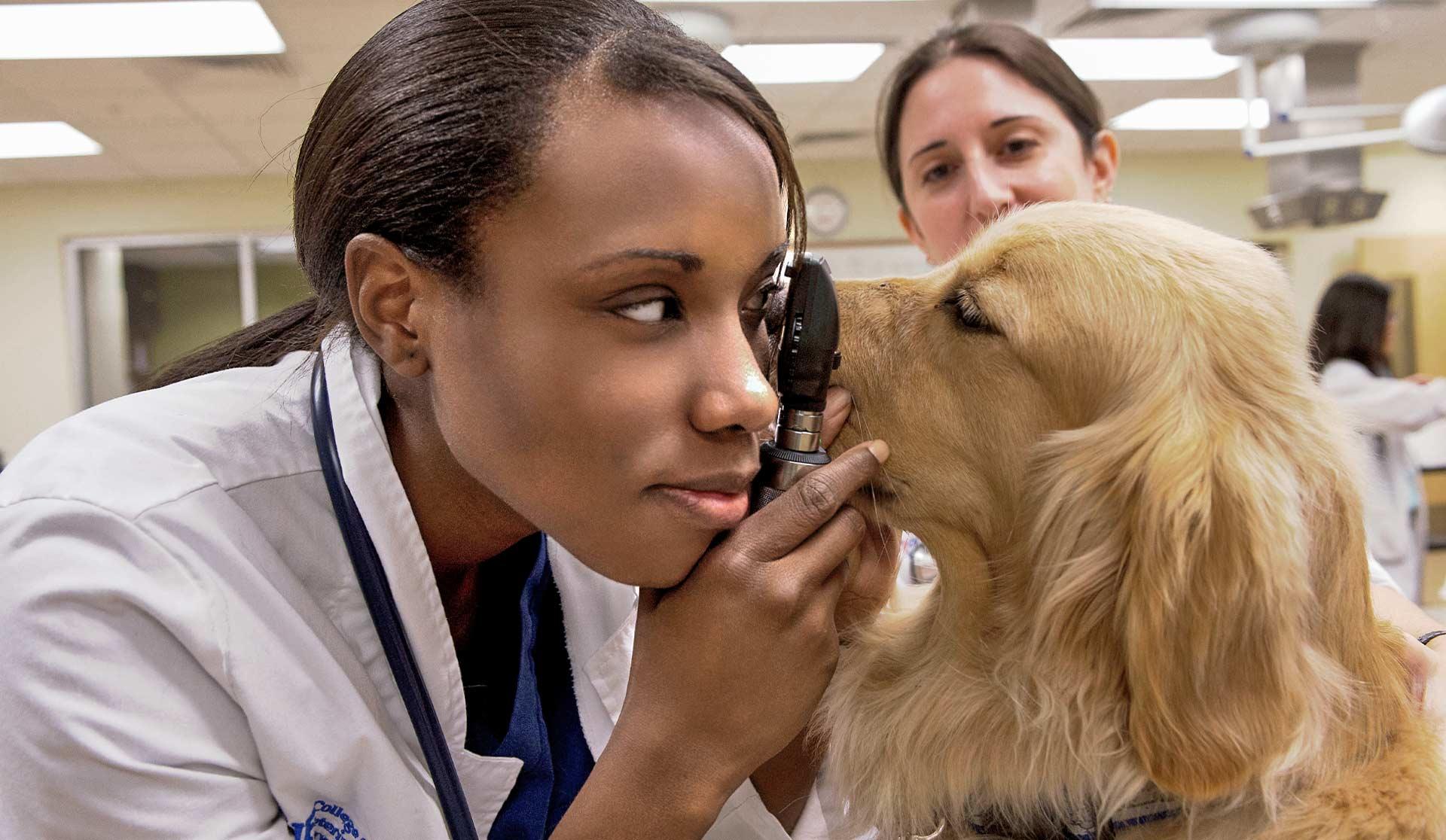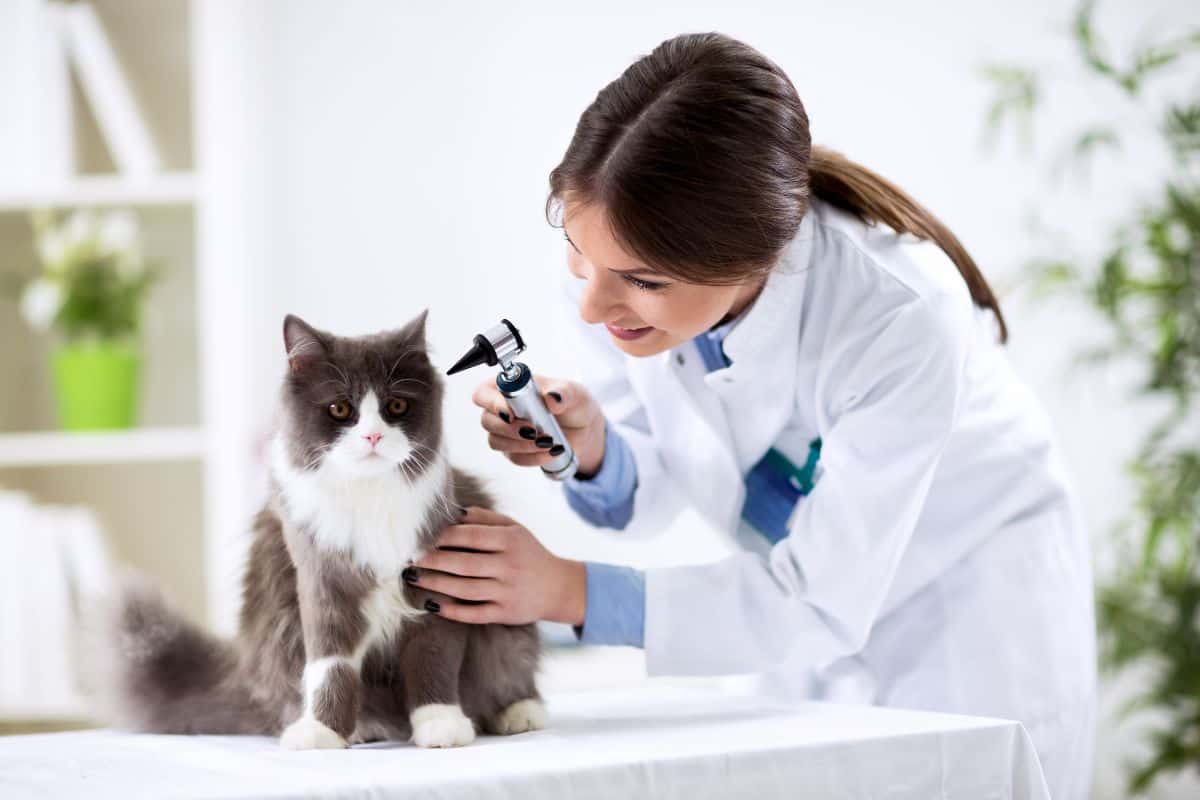How to prepare before your pet’s Pet Cancer Surgery
Just How a Vet Oncologist Can Aid Improve Your Pet's Quality of Life
Veterinary oncologists specialize in the medical diagnosis and treatment of cancer cells in animals, playing an important duty in boosting their top quality of life. They produce customized therapy strategies that attend to the special requirements of each pet. Via advanced diagnostics and targeted therapies, these specialists intend to handle symptoms properly. Nevertheless, the trip does not finish there. Discovering the full spectrum of care alternatives exposes even more about exactly how these specialists can make a considerable difference.

Understanding the Function of a Vet Oncologist

In enhancement to medical diagnosis, vet oncologists create comprehensive therapy strategies customized to the demands of each family pet. These techniques might include radiation treatment, radiation therapy, and surgical treatments, intended at not only expanding survival yet likewise improving the general high quality of life. They supply palliative treatment, focusing on pain monitoring and comfort for animals encountering terminal diagnoses. By collaborating with animal proprietors, veterinary oncologists assure that pets receive one of the most caring and effective care feasible during their cancer cells trip.
Tailored Therapy Strategies for Your Pet
When a family pet is identified with cancer cells, creating a customized treatment strategy ends up being crucial for resolving their one-of-a-kind requirements and conditions. A vet oncologist thoroughly evaluates the type of cancer, its phase, and the general wellness of the pet dog. This complete assessment permits the creation of a tailored technique that may consist of a combination of radiation, surgical treatment, and chemotherapy therapy.
The oncologist additionally thinks about the animal proprietor's preferences and lifestyle, ensuring that the plan lines up with their objectives for their pet dog's treatment. Veterinary Cancer Specialist. Treatment plans are not fixed; they are consistently reviewed and changed based upon the pet dog's action and any type of arising demands. By concentrating on personalized treatment, veterinary oncologists aim to enhance the efficiency of treatments while preserving the pet dog's quality of life. This personalized strategy fosters a much better understanding of the condition, equipping animal owners to make informed choices about their precious friends' health and wellness
Handling Signs And Symptoms and Negative Effects
Handling the signs and symptoms and adverse effects of cancer therapy is an important part of vet oncology. Vet oncologists make use of a range of strategies to reduce pain and improve the general well-being of animals undergoing therapy. This might consist of the usage of anti-nausea drugs to combat vomiting and loss of hunger, which prevail side results of radiation treatment. Pain administration is also focused on, usually involving the prescription of analgesics customized to the pet's particular needs.
On top of that, oncologists may suggest dietary adjustments, including high-quality, easily absorbable foods to support nutritional intake. Keeping an eye on blood work is essential to detect any damaging reactions to treatment early, enabling timely treatments. Normal follow-ups make it possible for the veterinary group to analyze the family pet's reaction to therapy and make necessary changes. Via these detailed strategies, veterinary oncologists aim to enhance the lifestyle for pets dealing with cancer therapy difficulties.
Palliative Care and Convenience Procedures
Palliative care plays an essential function in boosting the top quality of life for family pets identified with cancer cells, concentrating on convenience and emotional support instead of alleviative treatment. Vet oncologists prioritize discomfort monitoring, ensuring that pet dogs you could try here experience minimal pain during their ailment. This includes making use of analgesics, anti-nausea medications, and various other therapies tailored to individual requirements.
In addition to pharmacological treatments, ecological alterations can greatly enhance a family pet's top quality of life. Producing a calmness, comfortable room with soft bed linens and simple accessibility to food and water can relieve tension. Nutritional assistance is also vital; oncologists may advise customized diet regimens that deal with the pet dog's preferences and needs.
Psychological assistance for both the animal and its proprietors is important. Veterinary oncologists provide guidance on dealing approaches, assisting households navigate the emotional obstacles that come with a cancer medical diagnosis. Ultimately, palliative treatment objectives to ensure that pets get the dignity and comfort they deserve.
Working together With Your Normal Veterinarian
Partnership with a routine vet is vital for optimizing the care of animals with cancer, as this collaboration ensures a thorough approach to treatment and lifestyle. The routine vet commonly has a detailed understanding of the animal's case history, which is essential when formulating a therapy plan. They can effectively communicate with the vet oncologist, ensuring that all elements of the family pet's wellness are considered.
This collaboration permits for collaborated care, which may consist of routine exams, checking side effects, and changing medications navigate here as required. Normal veterinarians can also provide emotional assistance to pet dog owners, assisting them navigate the intricacies of cancer cells therapy - Veterinary Oncology Services. By functioning closely with vet oncologists, they can help with a smooth shift in between various kinds of treatment, ensuring that pet dogs obtain the most efficient therapies while keeping their comfort and well-being throughout the procedure. Together, they improve the overall high quality of life for family pets facing cancer
Frequently Asked Inquiries

What Types of Cancers Cells Do Vet Oncologists Usually Deal With in Pets?
Vet oncologists usually deal with various cancers in pets, including lymphoma, pole cell growths, osteosarcoma, and soft tissue sarcomas. These experts employ sophisticated diagnostic techniques and treatment alternatives to address the certain requirements of each animal.
Exactly How Can I Prepare My Pet for a Vet Oncology Visit?
Preparing a pet dog for a veterinary oncology consultation includes event medical documents, noting signs, and preparing inquiries. Ensuring the pet is tranquil and comfy during travel can also greatly improve the overall experience and appointment effectiveness.
Are There Any Type Of Alternative Treatments for Pet Dogs With Cancer?
Alternative treatments for family pets with cancer commonly include acupuncture, natural medication, and dietary assistance. These methods might enhance conventional treatments, possibly enhancing general wellness and providing supportive treatment throughout the family pet's cancer cells trip.
How Frequently Should My Pet Dog See the Vet Oncologist?
The regularity of check outs to a veterinary oncologist usually depends on the animal's specific problem and therapy plan. Routine analyses may be advised every couple of weeks or months to monitor progress and change therapies as necessary.
What Expenses Are Connected With Veterinary Oncology Solutions?
Expenses connected with vet oncology solutions can differ commonly, including preliminary examinations, diagnostic tests, treatment strategies, and continuous care. Pet Cancer Surgery. Pet owners must prepare for possible expenditures that mirror the complexity and duration of the therapy needed
Veterinary oncologists specialize in the diagnosis and treatment of cancer cells in pets, playing a crucial function in improving their top quality of life. Lots of animal proprietors might not be acquainted with the intricacies of veterinary oncology, understanding the role of a vet oncologist is important for managing cancer in family pets. The oncologist likewise sites takes into consideration the pet dog proprietor's choices and way of living, making certain that the strategy straightens with their goals for their family pet's care. By focusing on customized care, vet oncologists intend to enhance the efficiency of treatments while maintaining the family pet's quality of life. By functioning closely with veterinary oncologists, they can facilitate a seamless change between different kinds of treatment, making sure that pets get the most reliable treatments while keeping their convenience and wellness throughout the procedure.